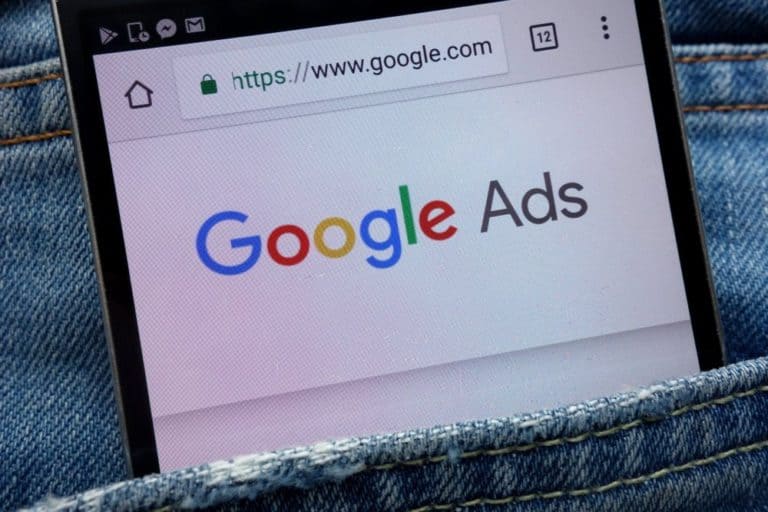The US Justice Department (DOJ) is gearing up for a possible antitrust lawsuit against Google’s ad business. In response, Google proposes to move some of its ad business to parent company Alphabet.
Insider sources told the Wall Street Journal that Google may split parts of its business into a separate company under the Alphabet umbrella. “That entity could potentially be valued at tens of billions of dollars, depending on what assets it contained”, the report says.
According to website Ars Technica, the goal of ‘splitting up’ the ad division isn’t necessarily to separate the whole ad division from Google, but to weaken Google’s end-to-end ownership of the ad business.
The company currently serves as a broker and auctioneer for advertisements — which is what the DOJ has a problem with. Google makes tools that cover both the ‘buy’ and ‘sell’ sides of the web advertising world, which naturally pushes advertisers using Google’s buying tools toward publishers using Google’s selling tools.
Most online systems work similarly. Amazon has an interface where Amazon product sellers sell to Amazon product buyers. Uber has a system for drivers and riders. However, for Google, the rules are different. Google isn’t just ‘big’. Google has a monopoly. US laws require Google to carefully balance the broking and auctioning of advertisements.
What difference does it make?
Google’s proposed solution would see the ‘sell’ side of Google Ads move to Alphabet, whilethe ‘buy’ side stay with Google. Presumably, the idea is that this would open the door for ad systems other than Google’s, but it isn’t clear wether Google would be given the mandate to open up.
In response to the report, a Google spokesperson told The Wall Street Journal that “we have been engaging constructively with regulators to address their concerns. As we’ve said before, we have no plans to sell or exit this business”.
The spokesperson added the usual defence. “Rigorous competition in ad technology has made online ads more relevant, reduced fees, and expanded options for publishers and advertisers.”
Tip: US Senate sets out to limit big tech’s advertising power
